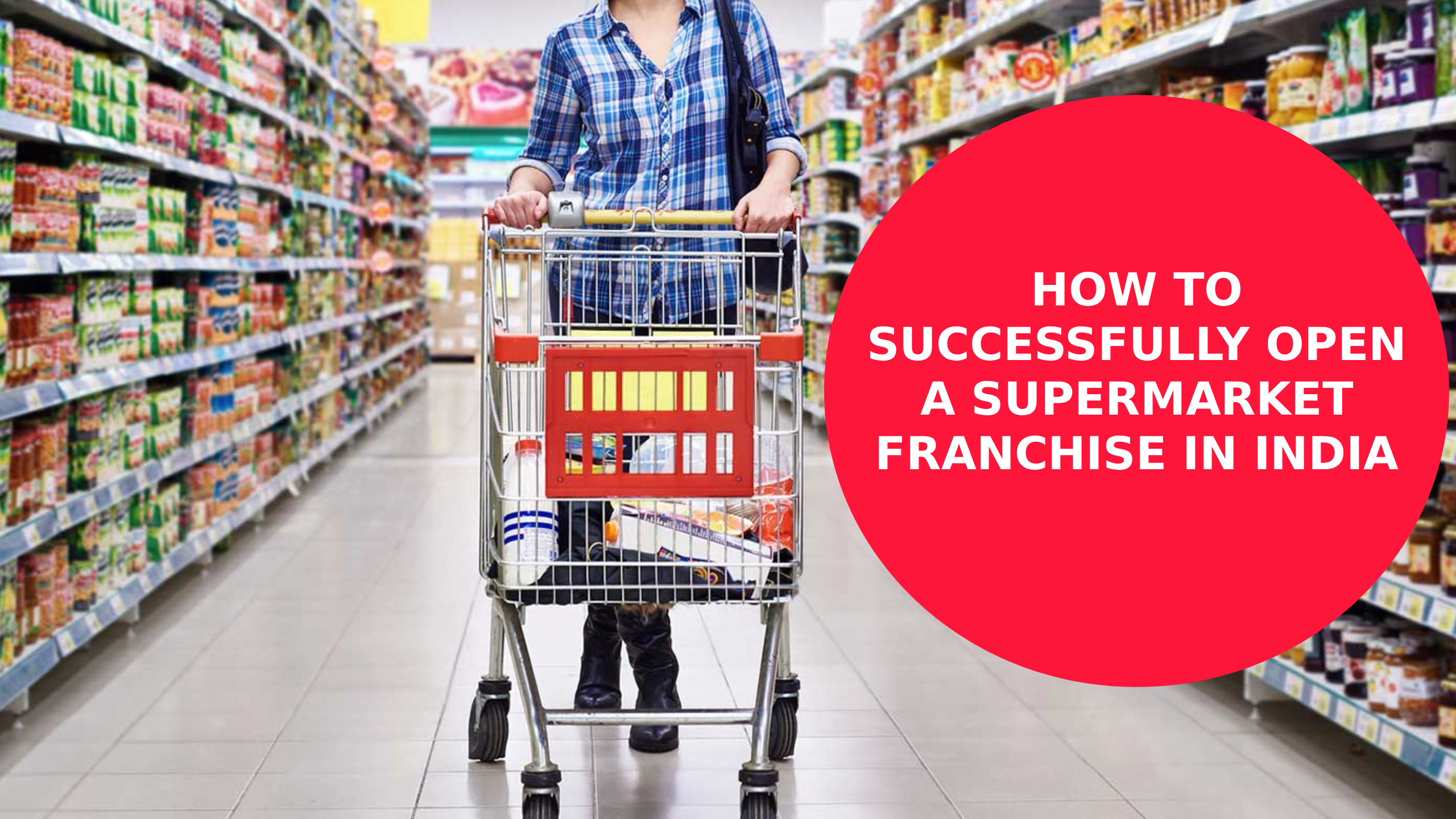Blog
5 Factors that Affect Supermarket Franchise Cost

5 Key Factors That Affect Supermarket Franchise Cost with I2I Mart
Opening a supermarket can be a highly profitable venture, but understanding the costs involved is crucial for long-term success. At I2I Mart, we have guided numerous entrepreneurs in establishing their own stores, making us well-positioned to share insights on the Supermarket Franchise in India landscape.
Costs are not limited to the initial investment; ongoing operational expenses play an equally important role in ensuring profitability. Moreover, evolving trends in retail and consumer behavior are influencing Grocery Store Franchise costs, making careful planning more essential than ever.
Here’s an expert look at the 5 key factors that affect supermarket franchise cost and how I2I Mart helps franchisees manage them effectively.
1. Infrastructure
The infrastructure of your store is a major determinant of both initial and operational costs. Larger stores require more staff, more inventory, advanced equipment, and ample storage space.
Size Matters
Small supermarkets are quicker and cheaper to establish, with lower utility and labor costs. Family-run setups can further reduce expenses.
Larger stores require significant investment in construction, staffing, and ongoing operations, but also provide greater revenue potential.
Construction and Energy Costs
Building or renovating large stores to align with brand standards can be expensive. Efficient layout planning is essential to balance cost and functionality.
Energy consumption, especially from refrigerators and cold storage, increases operational costs. Investing in energy-efficient equipment is a smart strategy to reduce long-term expenses.
2. Inventory and Equipment Cost
The inventory and equipment needed for a supermarket franchise are significant contributors to initial costs. The amount depends on store size, local demand, and customer demographics.
Initial Inventory
Stocking essentials like packaged foods, dairy, fruits, vegetables, and other staples is the foundation of revenue.
Optimizing inventory using automated tracking systems reduces wastage and ensures timely replenishment.
Equipment Investment
Refrigeration units, shelving, POS systems, security equipment, and smart technology add to upfront costs.
I2I Mart provides guidance on cost-effective solutions, including energy-efficient refrigeration and modular shelving, reducing initial investment while maintaining operational efficiency.
3. Marketing, Advertising, and Brand Compliance
Marketing and brand adherence are critical to attracting customers and maintaining a competitive edge in the supermarket industry.
Marketing Costs
Franchisees contribute to national or regional marketing campaigns, typically 1-2% of sales, covering advertising, promotions, and brand awareness.
Local marketing, including grand opening events, social media campaigns, and loyalty programs, is essential for driving footfall.
Brand Value
Maintaining the brand’s standards in store design, staff training, and customer service ensures long-term success.
I2I Mart provides franchisees with comprehensive marketing support, ensuring consistent brand messaging across all stores.
4. Location and Real Estate Cost
Location significantly impacts the success and cost of a Supermarket Franchise in India. Real estate costs vary based on urban density, footfall, and market dynamics.
Market Dynamics and Property Cost
Prime urban locations with high traffic demand higher rents, while suburban or semi-urban areas may offer lower costs but fewer customers.
Leasing or purchasing space requires careful analysis of potential returns versus cost.
Licensing and Demographics
Obtaining local permits and licenses is mandatory and should be included in your budgeting.
Stores located near dense populations with favorable income and shopping habits tend to generate higher sales.
5. Franchise Fees and Royalties
Franchise fees are one of the most important elements of Supermarket Franchise cost.
Initial Franchise Fees
Upfront fees provide access to the brand, training, operational support, and marketing resources.
Depending on the scale and product range, fees can range from a few lakhs to several crores.
Ongoing Royalties
Monthly royalties, typically 4-8% of sales, cover brand support, marketing campaigns, and access to proprietary systems.
New franchise models may adjust royalties based on store performance, rewarding high-performing outlets.
Digital Integration Costs
Modern franchises may charge additional fees for online ordering, e-commerce integration, and delivery support.
Investing in digital tools ensures competitiveness in today’s retail environment and drives long-term growth.
Final Thoughts
Starting a supermarket franchise involves careful evaluation of hidden costs such as infrastructure, inventory, location, marketing, and royalties. At I2I Mart, we help franchisees navigate these expenses efficiently while ensuring operational excellence.
Understanding each factor before investing allows franchisees to make informed decisions, minimize risks, and maximize profitability. By leveraging I2I Mart’s proven business model, support system, and brand recognition, entrepreneurs can achieve sustainable growth and long-term success in the highly competitive retail sector.
For those looking to invest in a Grocery Store Franchise or explore a Supermarket Franchise in India, partnering with I2I Mart ensures a structured approach, expert guidance, and access to an established, trusted brand network.